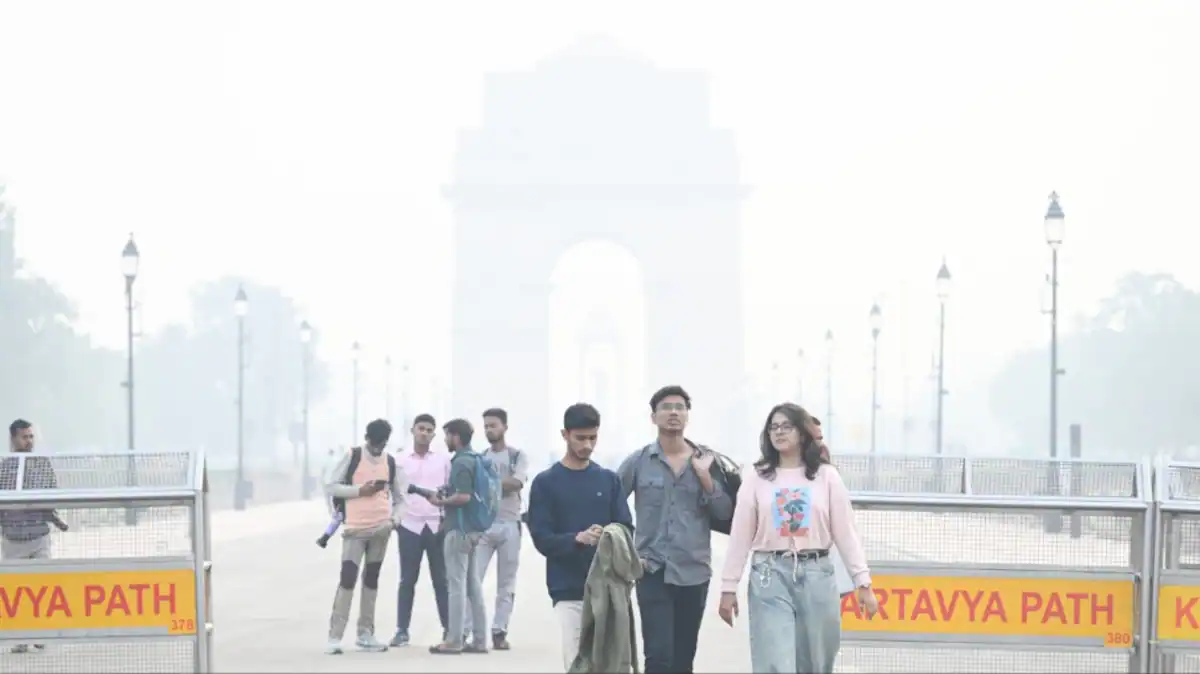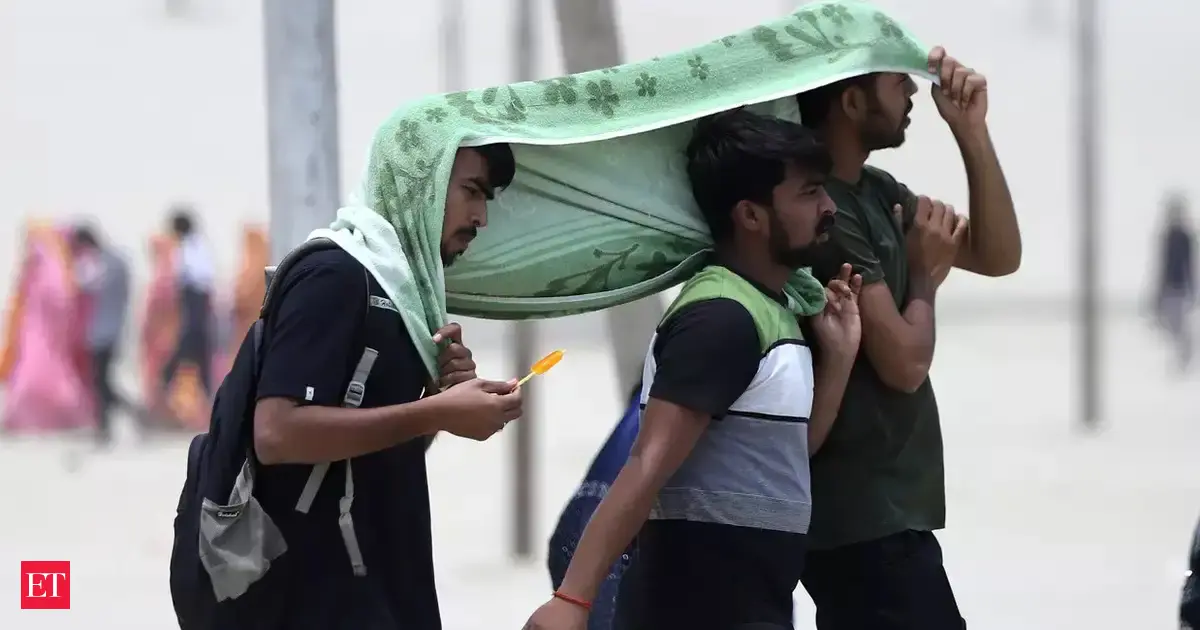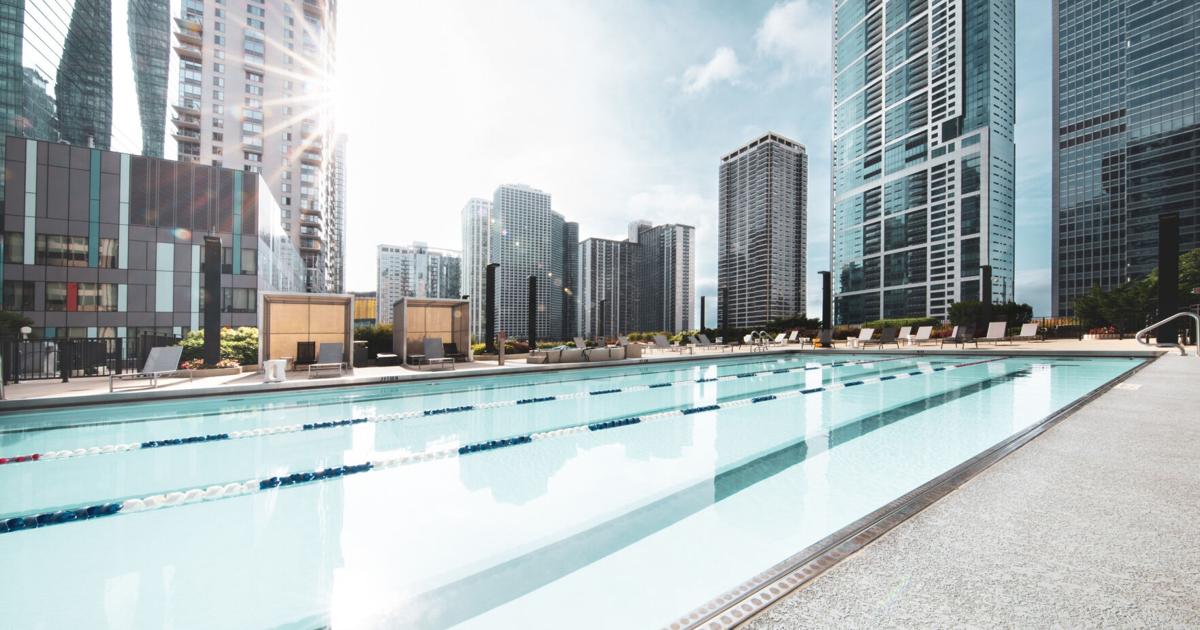Copyright india

The air quality in the National Capital Region (NCR) took a severe turn on Thursday morning, with the Air Quality Index (AQI) of Delhi surging past the maximum limit, recording a hazardous 601 around 5:30 am, according to monitoring data. This critical reading pushes the air quality far into the Severe category, indicating extreme pollution levels dangerous to the entire population.The deterioration marks the onset of the regions seasonal smog crisis, driven by cooler temperatures, reduced wind speeds, and regional factors.NCR Cities Also In Severe ZoneThe hazardous pollution levels gripping Delhi were mirrored by the adjoining NCR cities, with both Noida and Gurgaon also recording Air Quality Index (AQI) readings that placed them firmly in the Severe (Hazardous) category during the early morning hours. Around 7:00 am, the capital recorded an AQI of 601, while Gurgaon registered a dangerously high 515. Noidas air quality was similarly toxic, logging an AQI of 503, confirming a widespread air emergency across the entire National Capital Region.Over a dozen monitoring stations across Delhi registered Hazardous air quality, with pollution hotspots including Burari, Anand Vihar, Aerocity, and Bawana. Experts equate breathing this air to the health risk of smoking over eight cigarettes a day. Seasonal Causes and Health AdvisoryThe annual spike in pollution during November and December is a result of several combined meteorological and regional factors:Stubble Burning: The season of crop residue burning in neighbouring states like Punjab and Haryana contributes significantly to the influx of pollutants into the region.Meteorological Factors: A drop in temperature and calm wind conditions restrict the dispersal of pollutants, trapping them close to the ground and forming a dense layer of toxic smog.In light of the hazardous air quality, experts and health bodies strongly recommend:Limiting Exposure: Avoid stepping out for prolonged periods of time.Mask Usage: Always use an N95 or N99 mask in open spaces.Vulnerable Groups: Children, the elderly, and individuals with respiratory or cardiac conditions should strictly stay indoors as the sudden rise in air quality can trigger serious health risks.ALSO READ | Bihar Election 2025 Phase 1 Voting: EVM Guide, ID Proofs, And Polling Guidelines



